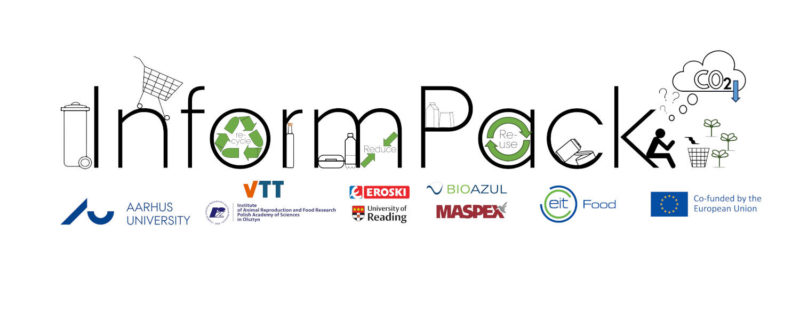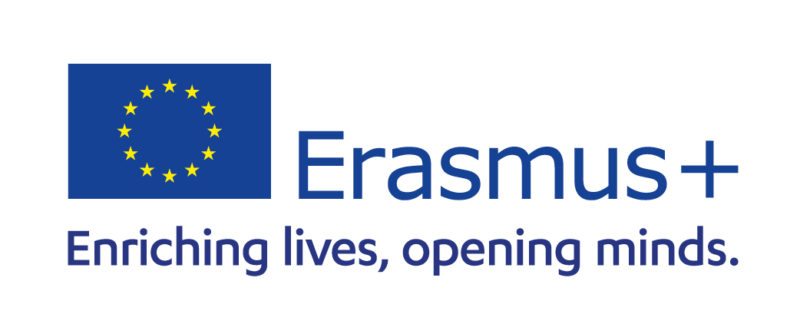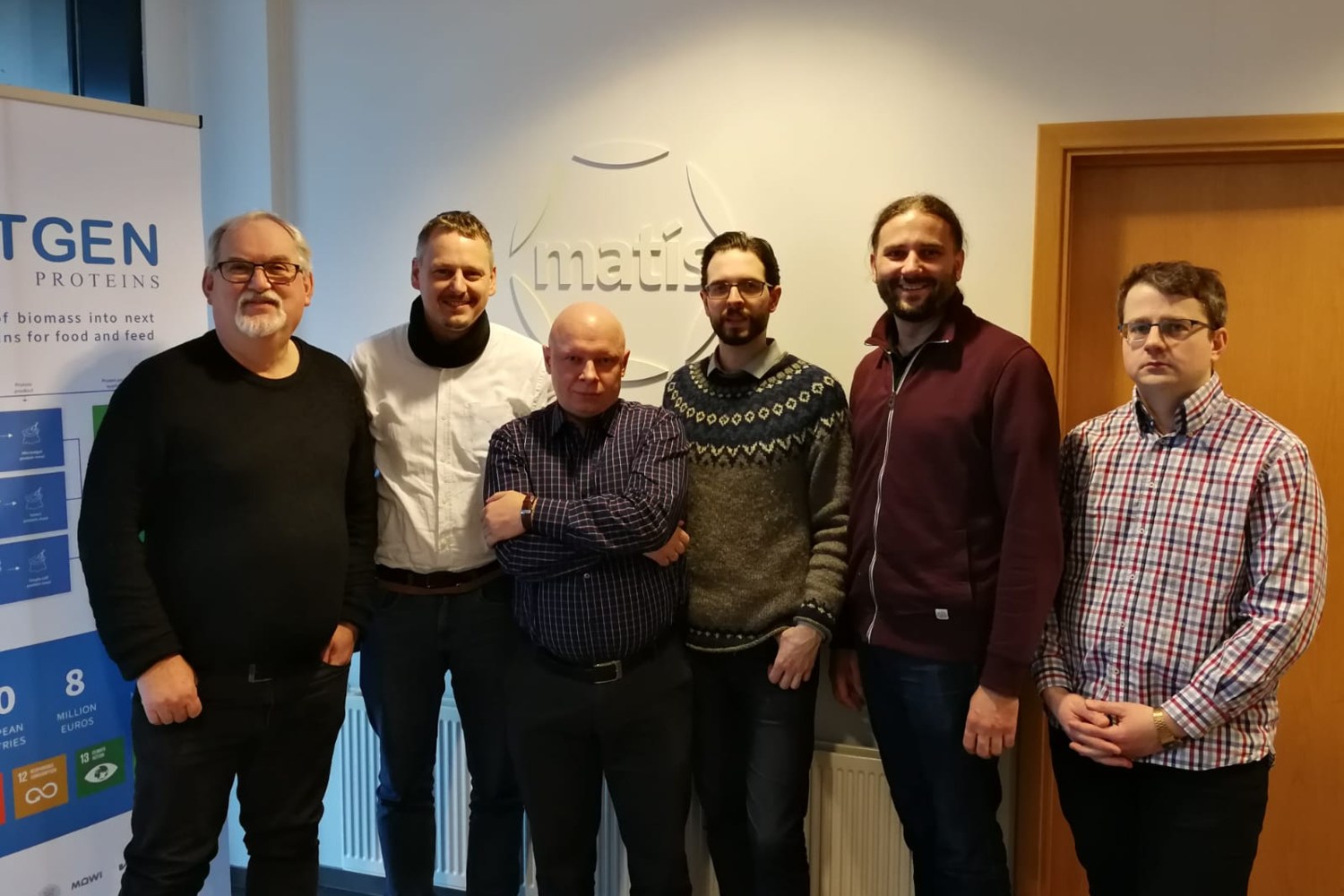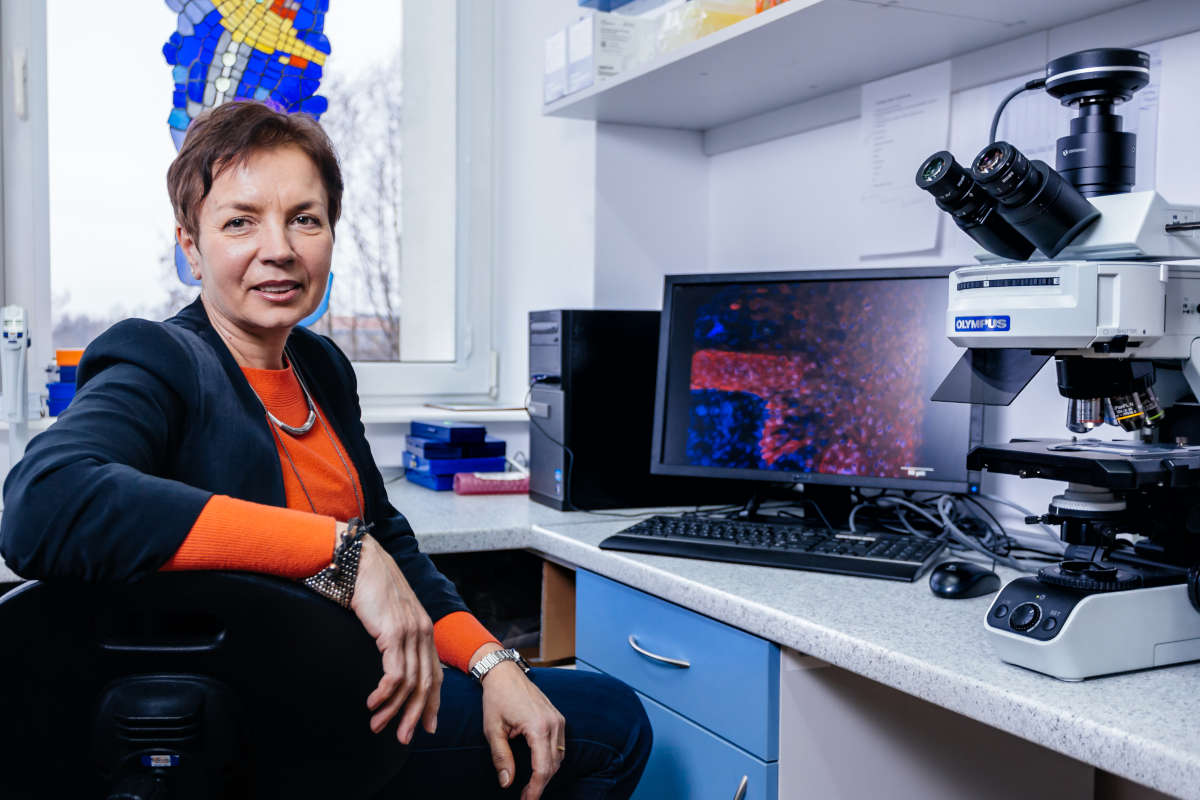
Working together for a green, competitive and inclusive Europe
Innovation, adding value and creating companies in the field of waste management in food production and processing
In Poland and around the world, both the quantity and the variety of waste generated are becoming a growing problem. This situation is a huge challenge, especially for producers of the food industry, not only in terms of disposal costs, but also in the context of environmental protection and sustainable development. Effective side-stream management means savings, but also a manifestation of acting in line with modern trends. In such a situation, new ways of using side-stream are the direction of support expected by producers and processors, which can be provided by the scientific community, especially in terms of stimulating entrepreneurship, commercialization and implementation of the best solutions for industry.
As part of bilateral cooperation supported by the European Economic Area Financial Mechanism and the Norwegian Financial Mechanism under the Bilateral Cooperation Fund, the Institute of Animal Reproduction and Food Research of the Polish Academy of Sciences in Olsztyn and the Icelandic Food and Biotechnology Research Institute MATIS and the University of Iceland have undertaken joint research and innovation activities food. The tasks planned in the project will be dedicated in particular to students and young scientists who will gain knowledge and experience in the field of interdisciplinary innovations in the agri-food sector. Producers, processors and entrepreneurs participating in the project activities will learn about contemporary trends in waste management and food production and processing. In turn, scientists will be able to use the acquired knowledge in new international projects in the field of sustainable use of natural resources.
Inviting partners from Iceland, such as MATIS and the University of Iceland, will allow them to transfer their many years of experience and approach to waste management to regions that are considered the least innovative and entrepreneurial on a pan-European scale. Icelandic MATIS, in cooperation with producers and processors of biological resources of the sea, has introduced the processing industry of Iceland to the group of the most competitive in the world. This was achieved by maximizing the value of traditional products by improving their quality, optimizing production and logistics processes. The most important, however, turned out to be waste management through bio-processing and the use of products obtained from microorganisms living in Iceland’s extreme environment. An important factor of success was also training students and young academics in the field of entrepreneurship. The project partners are convinced that the cooperation implemented under the initiative will contribute to the creation of a similar situation in Poland.
Read more







